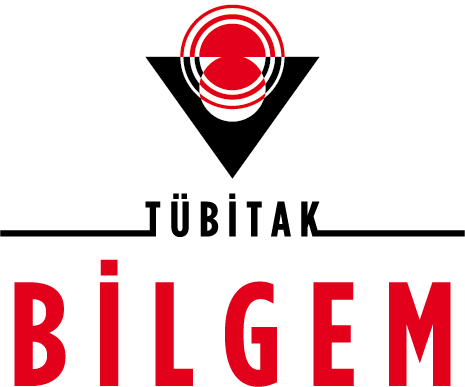NATO CCDCOE Permanent Representation
NATO Joint Cyber Defense Center of Excellence (CCDCOE) is an international military center established on 14 May 2008 in Tallinn, Estonia, with the aim of increasing NATO's cyber defense capacity. The Center, which is currently sponsored by 28 NATO countries and our country is a member of, carries out a wide range of activities in cyber security, both technical and legal and related to international relations. Among the prominent projects of NATO CCDCOE, The Tallinn Manual on the International Law Applicable to Cyber Warfare study, the annual International Conference on Cyber Conflict (CyCon) and Locked Shields International Cyber Defense Exercise can be given as examples.
TUBITAK Cyber Security Institute, which has been in close relations with the center since its establishment, has taken this support to the center one step further by assigning permanent personnel in the status of national volunteer (VNC). TÜBİTAK SGE, who has been working as a point of communication in the relations of our country and the General Staff with the center, has started to carry out joint studies with the center on technical issues that fall within the field of expertise such as cyber defense exercises. It is aimed to increase these collaborations in the following term.
For detailed information about NATO CCDCOE's work, you can visit www.ccdcoe.org
NATO MISP Membership
NATO MISP (Malware Information Sharing Platform) is a community created by members who have knowledge about malware. MISP, which is a partnership based on information sharing of members through a web -based platform, aims to share the technical specifications of malware in a reliable community. MISP aims to accelerate the detection of malware through this information sharing, to develop defense methods, especially for examples that are not recognized by antiviruses, and to reveal the methods required to cope with targeted attacks. With the contributions of the members, a large pool has been created that can be searched and enabled multi -faceted information sharing. The Cyber Security Institute makes an active contribution to the NATO MISP community in line with the objectives of detecting, monitoring the activities and taking the necessary measures, especially threatening our country.
Participation in NATO Working Groups
Cyber Security Institute (SGE) participates in working groups and panels operating within NATO with experts from different countries in order to represent our country at meetings, exercises and projects, to master current issues in the field of cyber security, to be informed about technological developments, to introduce and present our capabilities, projects and products.
SGE, together with the Turkish Armed Forces, has been participating in both the organization and implementation phases of NATO Cyber Coalition exercises since 2010, representing our country.
An active role is assumed in the Common Criteria Capability Team and Cyber Defense Capability Team working groups operating under the NATO Information Assurance and Cyber Defense Capability Panel upper working panel.
It participates in the NATO Science for Peace and Security - SPS Program studies that support R&D projects aimed at peace and security between NATO member and NATO partner countries, and Modeling and Simulation Support for Cyber Defense studies that operate under the upper roof of NATO Modeling and Simulation Group Dec– NMSG within the scope of cyber security simulation studies. Dec-NMSG is a member of the NATO Science for Peace and Security - SPS Program.
The Cyber Security Institute is included in the upper working group of NATO Information Systems & Technology - IST Business Panel to represent the industry on behalf of our country.
Cooperation with Private Sector
One of the basic strategies of TÜBİTAK Bilgem Cyber Security Institute is that it enables the development of the private sector while increasing its knowledge on R & D issues. In this parallel, it carries out studies to present the business models that may be appropriate by introducing the capabilities to the private sector. In the studies, the opportunities and experiences of the Technology Transfer Office within TÜBİTAK BİLGEM are used.
The dynamism of the private sector is seen as an important power, especially during the transformation of R&D projects into products. It is thought that transferring the outputs to the private sector at certain stages of the projects will allow the developed technologies to be further disseminated.
Information sharing in the field of cyber security is an important factor in making existing systems more effective. For this purpose, it is important to share data such as cyber threat factors, attack signatures, and malware databases with the private sector, and to evaluate the information obtained by the private sector by SGE. Confidentiality agreements and protocols that allow mutual information sharing are signed for this purpose.
Studies that can be carried out jointly with the private sector can be summarized as follows:
- Presenting joint project proposals to institutions distributing R&D funds
- To include domestic products in cyber security projects carried out specifically for institutions
- Using private sector opportunities in cyber security projects, especially in business items such as support and integration
- Making agreements on the dissemination of R&D technologies developed by SGE.
- Supporting the private sector in projects that are carried out by the private sector and contain R&D elements
- Mutually sharing data (malware information, attack signatures and methods, etc.) that are important in the field of cyber security













